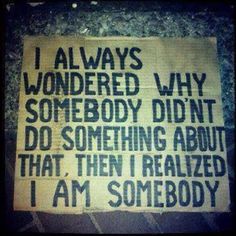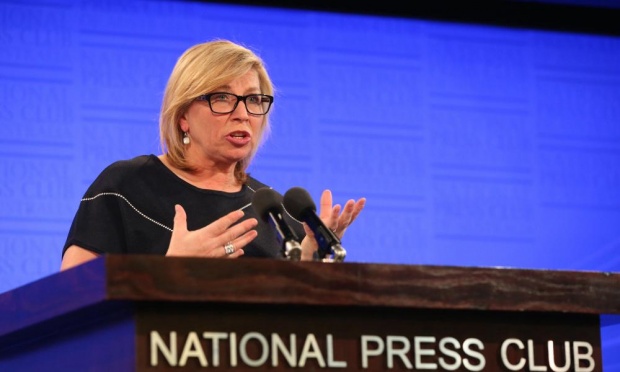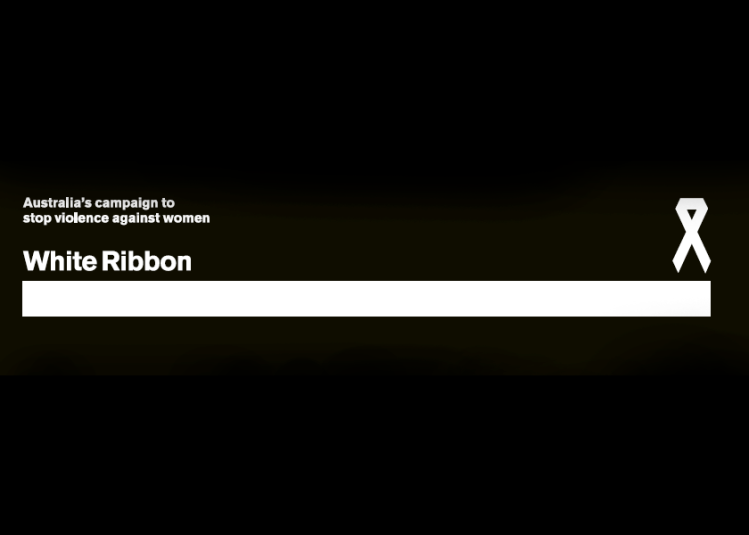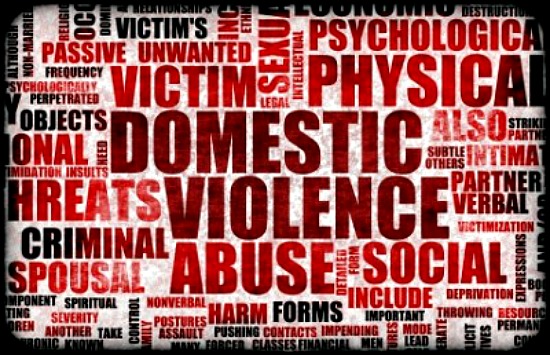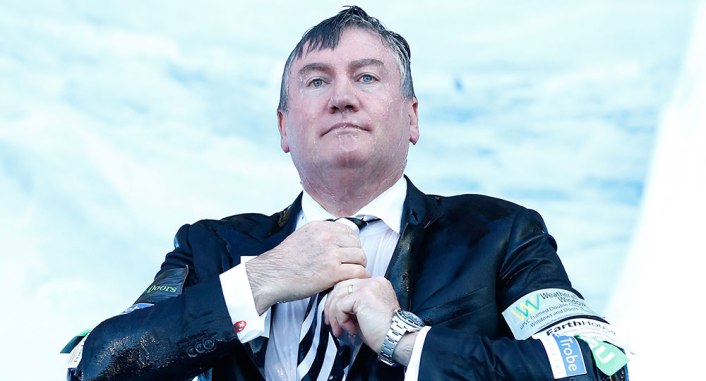
Well. Another day, another abhorrent story of privileged white men spouting offensive nonsense. This most recent example involves Eddie McGuire, Club President of the Collingwood Football Club and Triple M radio host, and his despicable comments last week about how he’d happily donate $50,000 to charity to drown sports journalist Caroline Wilson – disturbing comments which were heartily laughed along with by other prominent football personalities including North Melbourne President James Brayshaw, and former AFL footballers Wayne Carey and Danny Frawley.
This sickening exchange was made last Monday on Triple M in the lead-up to the MCG’s “Big Freeze” event to raise money for Motor Neurone Disease, and full audio and a transcript of the comments can be found here. The content is undoubtedly gross, but it is worth hearing for yourself to understand how disturbing the conversation truly is.
This afternoon James Brayshaw apologised on-air on Triple M for his part in the conversation, and AFL CEO Gillon McLachlan has condemned the comments – although he stopped short of actually taking any action against the men involved.
Danny Frawley is apparently the only one of the group to have reached out to apologise to Ms Wilson herself so far – mind you, a sincere apology is the least he could do after not only laughing along with Eddie’s initial comments, but also adding that he would “actually jump in and make sure she doesn’t (come back up) — I’ll hold her under, Ed.”
McGuire himself has since come out and issued an offensive non-apology, stating that the conversation was “in the spirit of the fun on the day,” and that he is “really disappointed that these comments have led to these feelings from people.” Really, Eddie? That’s the best you can do?
Well I’m disappointed too Eddie, so here’s some feelings for you: How dare you place the blame on those who are offended by your repulsive attitude towards women, instead of accepting responsibility and actually apologising for the pain you have caused? Jokes about inflicting any kind of violence upon another person, regardless of their gender, are unnecessary, not funny and always in poor taste. Making those jokes about women – in a country where one woman is murdered every week by a partner or ex-partner, and one in three will experience physical violence since the age of 15 – is disgusting. And all of this coming to light during a round which featured a ‘White Ribbon Day’ game intended to increase awareness of Violence Against Women, no less. Are you kidding me, Eddie?
You cannot blame ignorance for this anymore – this is the climate and culture that we live in, and you cannot ignore that context when making these sorts of sick so-called jokes or “banter”, as you call it. You claim to find violence against women to be”abhorrent”, yet seem oblivious to the fact that your own vile, misogynist language and behaviour is contributing to this violence. Wake up, Eddie, you’re part of the problem.
The fact that it took five days for these comments to come to light is very telling of the culture within the AFL to excuse, minimise and trivialise it’s own inherent sexism and misogyny, whilst hypocritically claiming to be committed to matters of gender equality and the prevention of violence against women.
And let’s not forget, these comments are not without precedent. Not only has Eddie repeatedly come under fire before for insensitive and downright offensive comments (see this brief account here), but he also has a history with Caroline Wilson herself – she admits that their professional relationship has been “on the brink” in the past, and she recently wrote an article questioning whether McGuire should consider leaving Collingwood after his almost 20 year reign as President. The fact that he singled out Wilson, one of the most prominent female sports journalists in the old boys’ club of AFL and a woman who claims to be one of few who will “call out” McGuire, is no coincidence – and it only proves him to be a cowardly bully trying to intimidate and humiliate women who dare question him.
The overwhelming response to Eddie and co’s disgusting comments has understandably been one of outrage, with several journalists writing excellent pieces on exactly why we shouldn’t tolerate this kind of behaviour and the culture of violence that it perpetuates (see here, and here). However, the response that moved me the most was that by Alex Dyson from Triple J’s Breakfast program – a generally lighthearted morning radio show which discusses current events from time to time, but not known for it’s deep discussions or the personal views of presenters.
However, this morning was different. After a news bulletin briefly mentioning the controversy, Alex brought up his feelings on the issue to discuss with his co-host Matt Okine and newsreader Ruby Jones, commenting that he was “actually very upset” and going on to tear down Eddie McGuire’s poor attempt at an apology. It was extremely moving to hear the emotion in Alex’s voice as he spoke of women in his life who have been affected by violence committed by men, and how angry it made him that even as the victims of this violence, “the burden of keeping the secret is on them (the women).” It was an unexpected and affecting moment of radio that showed an utmost respect for women and compassion for the violence that so many face – and one that Eddie McGuire and his fellow commentators could learn from.
